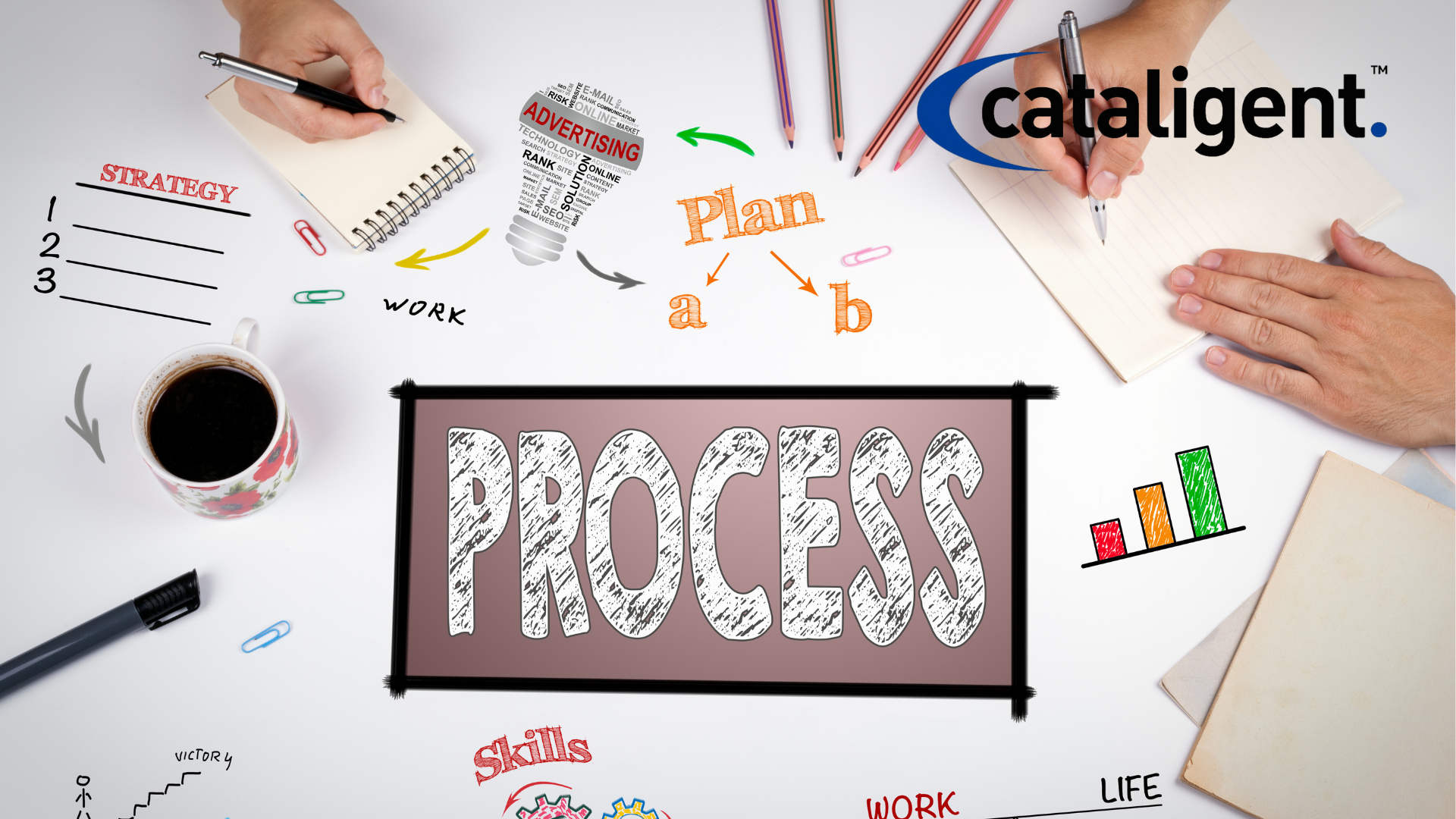What is the Marketing & Sales Consulting Process?
Marketing and sales consulting involves a structured approach to help businesses enhance their marketing strategies, improve sales performance, and optimize customer engagement. Consultants follow a systematic process to analyze, strategize, implement, and optimize marketing and sales initiatives. Below is a detailed overview of the marketing and sales consulting process:
1. Initial Assessment and Business Analysis
Before recommending solutions, consultants conduct a thorough assessment of the business’s current marketing and sales operations. This involves:
- Evaluating the company’s marketing and sales strategies
- Analyzing customer demographics and target market segments
- Reviewing branding, messaging, and positioning
- Assessing sales processes, lead conversion rates, and revenue trends
- Identifying strengths, weaknesses, opportunities, and threats (SWOT analysis)
A comprehensive assessment helps establish a clear understanding of the business’s needs and challenges.
2. Market Research and Competitive Analysis
Consultants conduct extensive research to gather market intelligence and understand industry trends. This step includes:
- Analyzing market demand and consumer behavior
- Conducting competitor benchmarking and pricing analysis
- Identifying emerging trends and technological advancements in marketing and sales
- Gathering customer feedback and insights
Market research provides data-driven insights for informed decision-making.
3. Strategy Development
Based on the assessment and research findings, consultants develop a customized marketing and sales strategy. Key components include:
- Brand positioning and messaging strategy
- Digital marketing and content marketing plans
- Lead generation and customer acquisition strategies
- Sales funnel optimization and CRM (Customer Relationship Management) integration
- Pricing, promotions, and revenue growth strategies
A well-defined strategy ensures alignment with business objectives and market demands.
4. Implementation and Execution
After finalizing the strategy, consultants work with the business to implement marketing and sales initiatives effectively. This phase involves:
- Launching digital marketing campaigns (SEO, PPC, social media, email marketing, etc.)
- Deploying sales automation tools and CRM systems
- Training sales and marketing teams on new processes and techniques
- Creating and optimizing content for better engagement and conversions
- Rolling out promotional campaigns and tracking performance
Effective execution ensures the successful deployment of marketing and sales strategies.
5. Performance Monitoring and Analytics
Once strategies are implemented, consultants continuously monitor key performance indicators (KPIs) to evaluate success. This includes:
- Tracking website traffic, conversion rates, and sales performance
- Analyzing customer engagement metrics and feedback
- Measuring campaign effectiveness and return on investment (ROI)
- Identifying areas for improvement and making data-driven adjustments
Regular monitoring ensures that marketing and sales efforts remain on track.
6. Optimization and Continuous Improvement
Based on performance data, consultants refine strategies to enhance outcomes. This involves:
- Conducting A/B testing for marketing campaigns
- Adjusting pricing models and promotional offers
- Enhancing sales techniques based on customer feedback
- Implementing new tools and technologies for better efficiency
Continuous improvement ensures sustained growth and long-term success.
7. Training and Knowledge Transfer
To maintain long-term effectiveness, consultants provide training and knowledge transfer to the client’s teams. This includes:
- Educating teams on best practices in marketing and sales
- Conducting workshops and hands-on training sessions
- Ensuring teams can independently manage marketing and sales operations
Empowering internal teams helps sustain improvements beyond the consulting engagement.
Conclusion
The marketing and sales consulting process follows a structured approach, from initial assessment to continuous optimization. By leveraging market research, strategy development, execution, and data-driven improvements, businesses can enhance their marketing effectiveness, boost sales, and achieve sustainable growth.

